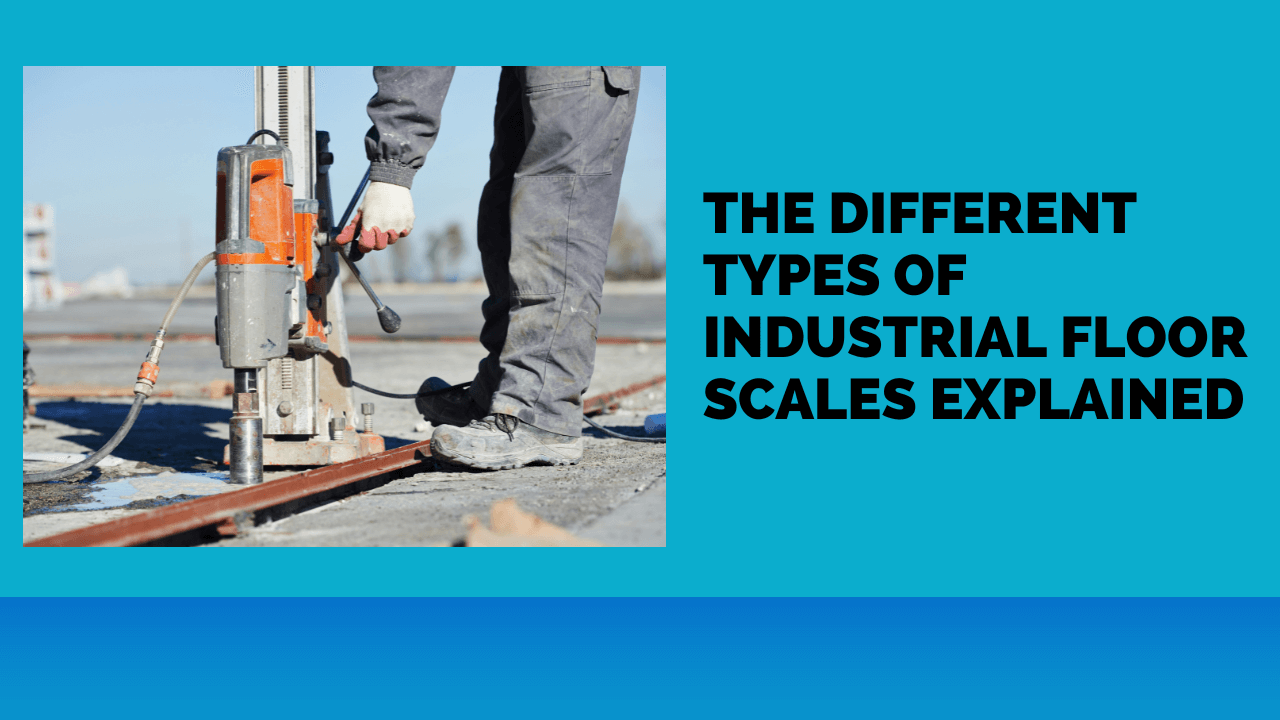A variety of businesses use industrial scales such as food, transportation, and medical industries.
From bulk items to small ones, scales are a necessity. Industrial floor scales are perfect for large amounts of a product. Some have weight capacities of over 100,000 lb.
Which floor scale is appropriate for your business?
Continue reading to learn more about floor scales.
Table of Contents
Industrial Floor Scales
The right floor scale depends on the product size and weight. Other factors are loading type, mobility, and the space you have for ramps.
Other types of floor scales include platform and vehicle scales. You can find a helpful guide to platform scales at weigh-more.com.au.
Here is a list of some of the floor scales used in industrial environments.
Basic Floor Scales
These standard floor scales are usually square. The default material is a tread plate. It also comes in stainless steel for a smooth surface.
Sizes range from 3 ft by 3 ft to 5 ft by 5 ft. They are designed to weigh products from 1,000 lb to 20,000 lb.
It’s possible to add ramps to a basic floor scale. This is convenient if you don’t have lifts to set your product on the scale.
You’ll need extra space for the ramps. The shortest ramp is 3 ft long.
Cargo Scales
These scales were initially used in the freight industry for weighing air cargo. A wide range of businesses can use these scales.
There are different kinds of cargo scales. All of them have a capacity of 20,000 lb.
Roller cargo scales have built-in rollers. It has two platforms, each with a capacity of 10,000 lb. Roller cargo scales are around 8 ft by 11 ft.
Swivel caster cargo scales allow items to move in any direction. These scales have over a hundred heavy-duty swivel casters.
A pancake cargo scale is low to the ground. They’re about twice the size of a basic floor scale. It’s great for extra-large products.
Coil Scales
A coil scale is specifically for measuring the weight of hefty steel coils or pipes. They’re made with structural steel.
This scale can withstand 20,000 lb to 120,000 lb of weight. They come in sizes comparable to a basic scale or can be 20 ft by 10 ft.
These high-impact scales are often loaded via crane or forklift. Depending on the size, the height of the scale ranges from 2 ft to 3 ft.
Low-Profile Scales
If you’re running low on space for ramps, a low-profile scale will solve that problem.
Two of the sides reach the height of a basic scale because they contain load cells. The rest of the platform is up to 2 inches high.
This decreases the amount of space needed for ramps. Low-profile scale ramps are only 1 ft. There are even lower scales that have ramps half that size.
Choosing the Right Floor Scale
Sometimes regular scales can’t get the job done. If you have large, heavy items, you’re going to want a floor scale.
Industrial floor scales get expensive fast. It’s important to make sure you’re choosing the right one.
For example, what are the dimensions of your product? What is the maximum weight?
Knowing about these floor scales will help you make the correct choice.





